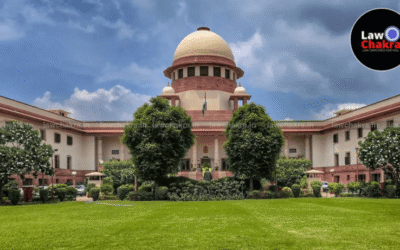BNS Section 247 – Fraudulently obtaining decree for sum not due
The Indian Penal Code (IPC) Section – 210
Understanding BNS Section 247: Fraudulently Obtaining a Decree for a Sum Not Due
The judicial system relies on honesty and fairness to deliver justice. However, some individuals may attempt to manipulate the system by fraudulently obtaining court decrees or orders. Section 247 of the Bharatiya Nyaya Sanhita (BNS) addresses this issue. Let’s break it down in simple terms.
What Does Section 247 Say?
Section 247 deals with the act of fraudulently obtaining a decree or order for an amount or property that is not rightfully due. Here’s what the law states:
- Offense: If a person:
- Fraudulently obtains a decree or order against someone for:
- A sum of money that is not due,
- A larger sum than what is due, or
- Property or interest in property that they are not entitled to, or
- Fraudulently causes a decree or order to be executed against someone after it has already been satisfied, or
- Fraudulently allows such acts to be done in their name,
they commit an offense.
- Fraudulently obtains a decree or order against someone for:
- Punishment: The punishment for this offense can include:
- Imprisonment for up to 2 years,
- A fine, or
- Both imprisonment and fine.
Key Points to Understand
| Aspect | Details |
|---|---|
| What is the Offense? | Fraudulently obtaining a decree or order for an amount or property not rightfully due, or causing its execution after satisfaction. |
| Punishment | Up to 2 years in jail, a fine, or both. |
| Cognizable or Not? | Non-cognizable: Police cannot arrest without a warrant. |
| Bailable or Not? | Bailable: The accused can seek bail. |
| Court Jurisdiction | Trial is conducted by a Magistrate of the first class. |
Why is This Law Important?
- Prevents Abuse of Legal Processes: It ensures that court decrees and orders are not obtained through fraudulent means.
- Protects Genuine Rights: It safeguards individuals from being wrongfully subjected to decrees or orders for amounts or property they do not owe.
- Maintains Trust in the Judicial System: It discourages individuals from manipulating the system for personal gain.
Examples of Offenses Under Section 247
- Example 1: A person fraudulently obtains a court decree against someone for a loan amount that was never taken.
- Example 2: An individual causes a decree to be executed against someone even after the debt has been fully repaid.
- Example 3: A person allows a fraudulent decree to be obtained in their name to claim property they are not entitled to.
What Should You Do?
If you are involved in a legal proceeding:
- Do Not Engage in Fraudulent Practices: Obtaining or executing decrees through dishonest means can lead to serious legal consequences.
- Verify Claims: Ensure that any decrees or orders are based on legitimate and accurate claims.
- Seek Legal Advice: If you are unsure about your rights or obligations, consult a lawyer to avoid unintentional violations of the law.
Conclusion
Section 247 of the BNS is a crucial provision to ensure the integrity of legal processes. Fraudulently obtaining or executing decrees for amounts or property not rightfully due is a punishable offense. Always act honestly and within the bounds of the law.


